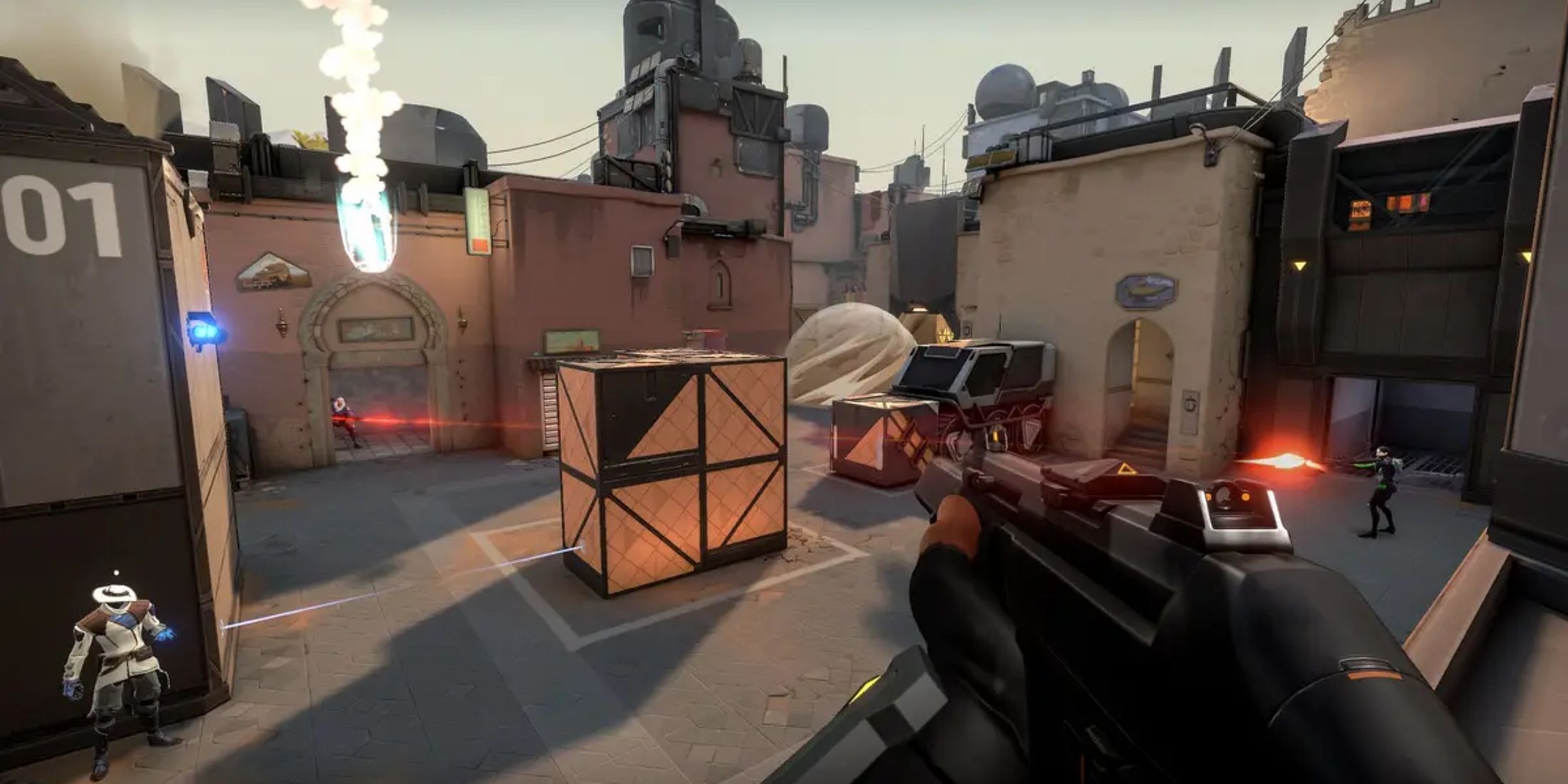Key Takeaways
- A new study aims to find out which US states log the most hours playing games every week.
- Nevada rules the roost with an average of 16 hours played each week and 4,400 game-related online searches per 100,000 residents.
- California ranks second with 11 hours played and Texas comes third with 14 hours played, with the former nudging ahead due to thousands more game-related searches.
A recent study purportedly reveals which US states have the most active gamers on a weekly basis, with surprising results for those who might assume population size is the sole determiner. Game genre preferences, search patterns, and high-speed internet access are key metrics for the study’s rankings to ascertain the top 10 states that house the most engaged gamers in the country.
Gaming continues to be a highly commonplace activity in the US, with millions of players investing hours upon hours into their favorite titles. Over the years, numerous studies have tried to determine which states have the most rage quitters, people obsessed with Fortnite, and more. Now, a new study has discovered which states game for the most hours every week.

Related
New Study Claims to Reveal Games With the Best Anti-Cheat Software
A study reveals the games with the best anti-cheat initiatives and other important data on the games industry’s fight against this recurring problem.
Conducted by CasinooftheKings, the study crowns Nevada as the country’s leading state in terms of game engagement. With a composite score of 66.03, Nevada has the highest concentration of gamers in the US, averaging 16 hours of gaming every week. This is further bolstered by the state’s blazing internet speeds of 242.4 Mbps on average, 4,400 game-related searches per 100,000 residents, and a preference for role-playing games.
Study Finds Nevada Has the Most Engaged Gamers in the US, New Hampshire Secures Last Place
|
State |
Population |
Average gaming hours (weekly) |
Percentage of households with a computer |
Households with internet access |
Average Internet Speed by State 2024 (Mbps) |
Game searches |
Searches per capita (100K) |
Preferred game type |
Composite score |
|
Nevada |
3.1M |
16 |
91.2% |
85.9% |
242.4 |
136.6K |
4,400 |
Role-playing games |
66.03 |
|
California |
39.5M |
11 |
91.7% |
88.7% |
235.2 |
1.0M |
2,709 |
Role-playing games |
63.55 |
|
Texas |
29.1M |
14 |
89.2% |
84.5% |
233.9 |
739.5K |
2,537 |
Adventure Games |
60.94 |
|
Washington |
7.7M |
13 |
92.7% |
90.0% |
197.6 |
316.4K |
4,106 |
Strategy Games |
59.15 |
|
Colorado |
5.7M |
13 |
92.8% |
89.4% |
212.2 |
210.4K |
3,644 |
Role-playing games |
58.08 |
|
Connecticut |
3.6M |
13 |
89.6% |
87.0% |
262.6 |
136K |
3,772 |
Shooter games |
57.46 |
|
Massachusetts |
7.0M |
12 |
90.1% |
87.9% |
236.9 |
243.8K |
3,468 |
Adventure Games |
53.61 |
|
Virginia |
8.6M |
13 |
89.9% |
85.6% |
225.3 |
287.7K |
3,333 |
Role-playing games |
52.70 |
|
Maine |
1.3M |
12 |
88.4% |
84.0% |
224.7 |
150.6K |
11,054 |
Action Games |
52.60 |
|
New Hampshire |
1.3M |
10 |
92.2% |
89.1% |
244.6 |
88.9K |
6,454 |
MOBA games |
52.03 |
As the most populous US state, California claimed second place in the rankings with a 63.55 composite score. The West Coast state boasts an outstanding one million gaming-related searches despite lower average weekly gaming hours (11) compared to other top-ranking states. Texas followed closely in third place with over 739,500 searches and an average of 14 hours of gaming every week, particularly leaning towards adventure games.
Other high-ranking states like Washington, Colorado, and Connecticut exhibit strong game engagement driven by household internet access and game-related searches. For instance, Connecticut residents spend about 13 hours gaming per week and are the only ones in the study who prefer shooter games. Some of the most popular multiplayer games are shooters, so Connecticut’s predilection towards the genre is backed up by its chart-topping average internet speeds of 262.6 Mbps.
Beyond just the “hours played every week” metric, CasinooftheKings’ study provides useful insight into the gaming habits and internet access conditions of the 10 aforementioned US states. These results could be helpful for game companies looking to tailor their products to specific markets. With 2025 set to be an even bigger year for gaming, it’ll be interesting to see if these states record a greater number of hours played weekly by this time next year.












Leave a Reply